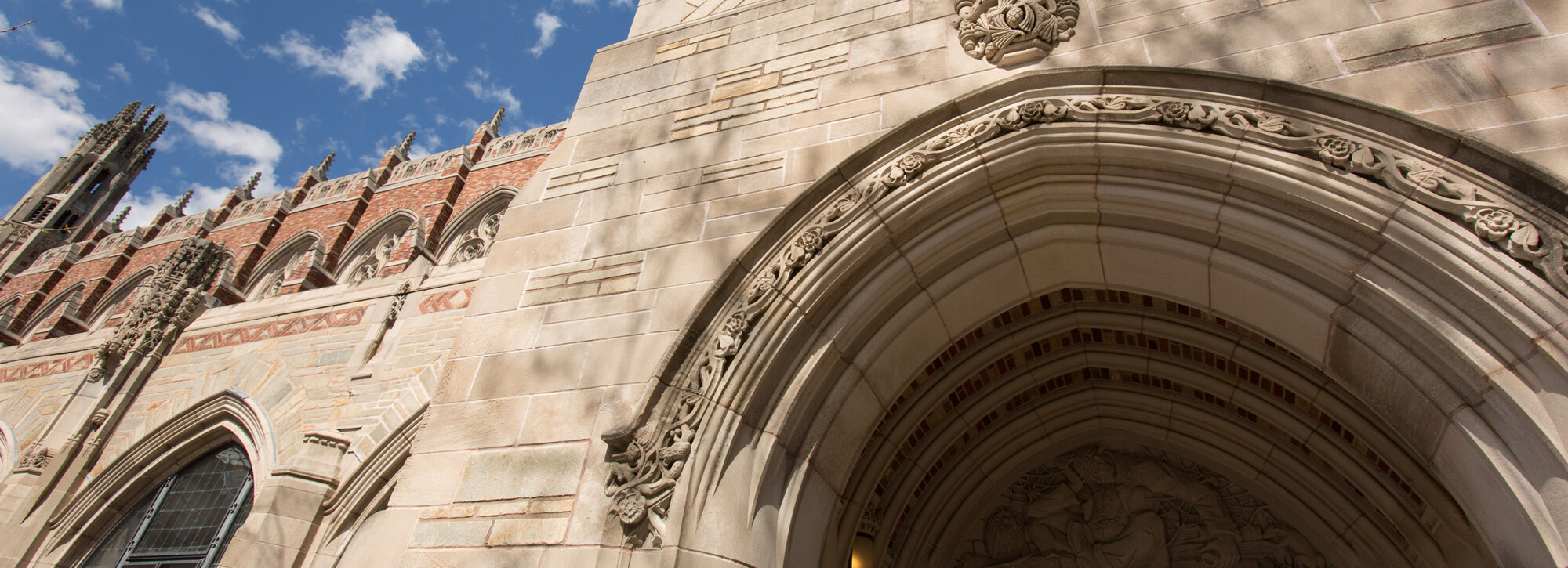Yale Law School follows the University’s free speech policy and procedures. As an academic institution dedicated to free inquiry and the search for truth, we are committed to free expression. These links and guidelines summarize University policies, provide relevant information to students, and are intended to promote the exercise of free expression and the safety and security of all members of the community.
When Yale or its members host speakers, they are generally free to express their views, even if unpopular or controversial. Dissenting members of the community may peacefully protest and express disagreement, but they may not interfere with a speaker’s ability to speak or attendees’ ability to attend, listen and hear. This includes disrupting an event, whether the disruption takes place inside or outside the room where the event is taking place; and disruption, in any part of a building or facility, that interferes with the event or with classes or other university activity or operations.
The right to protest or express disagreement with a speaker is subject to three general conditions:
- access to an event or facility may not be blocked
- the event and the regular or essential operations of the University may not be disrupted
- the safety of those attending the event and other members of the community may not be compromised
University administrators and safety/security personnel may be present at a protest to ensure that the event proceeds in a way that is consistent with the University’s policy on free expression.
Violation of the Free Expression Policy at Yale Law School
Yale Law School follows Yale University’s Free Expression Policy. Violations of the University’s policy on free expression are punishable through Yale Law School’s Rights and Duties and can subject students to penalties up to and including probation, suspension, or expulsion, depending upon the gravity of the offense.
Please see the following links for additional information.
